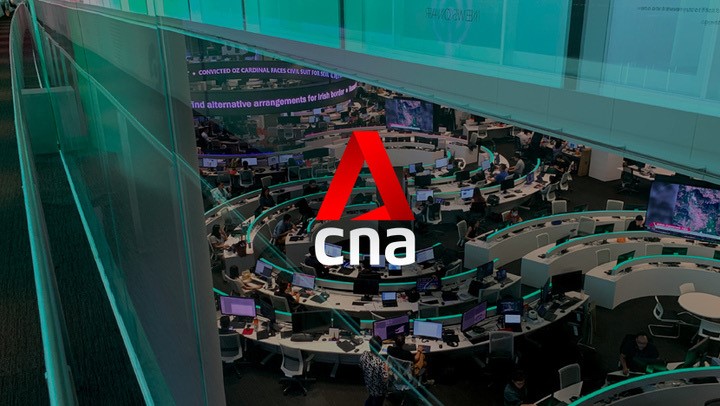BERLIN: According to the CEO of Germany’s Infineon, strains in the semiconductor supply chain have intensified in some regions as trends like remote working combine with an industrial recovery from last year’s pandemic collapse to fuel chip demand. Chipmakers’ ability to add capacity is restricted, and some in Asia are facing further production restraints as they try to prevent COVID-19 breakouts in their workforces, according to CEO Reinhard Ploss.
In an interview, Ploss, 65, stated, “The situation is still challenging – in some locations, it’s much more than difficult.”
Remote working and home schooling have fueled demand for high-end consumer goods, putting a strain on manufacturers’ supplies of lower-margin semiconductors and prompting several vehicle manufacturers to halt production in the first half of 2021.
According to Ploss, Infineon, the world’s largest supplier of power semiconductors to the automobile industry, relies largely on contract chip manufacturers such as TSMC, with whom it has a “deep communication” on satisfying client needs.
In May, he chastised the contractors for failing to invest enough in new capacity, citing a shortage of older 20- to 90-nanometer chips across Infineon’s product line as an example.
With its new plant in Villach, Austria, set to start production soon and its Dresden facility still having extra capacity, Infineon was better able to meet demand for the specialised goods it makes in-house.
“We have two sites to ramp,” Ploss explained, “which gives us an advantage over the rest of our competitors who are short on everything.”
Nonetheless, Infineon’s overall product stockpile is reduced, according to Ploss. Chipmakers would have to run a temporarily overcrowded supply chain to bring supply into harmony with demand, he noted. WHO IS IN NEED OF THIS?
The chip supply shortage has sparked a debate in Europe over whether to invest in new manufacturing capacity to lessen its reliance on imports from the industry’s dominant Asian firms.
Ploss, on the other hand, questioned Brussels’ objective of constructing a state-of-the-art 2 nanometer factory.
“I would question who the customers should be if a choice was made for a 2 nanometer production in Europe,” he said.
“What about mobile phone companies? There aren’t many of those left in Europe these days. Manufacturers of computers? Although we utilize computers here, we do not develop them.” According to Ploss, industrial strategy should focus on using Europe’s core manufacturing assets. “When it comes to taking the next step, I believe Europe must look in terms of domains of power,” Ploss added. “However, before going into other fields, we must first enhance our core competencies and then push the envelope from there.” (DOUGLAS BUSVINE contributed reporting, and David Evans edited the piece.)/n



